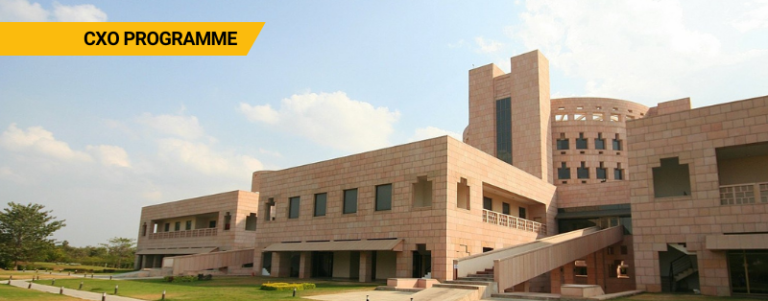Our Learning Choices can enable Digital Transformation

“Successful digital transformation is like a caterpillar turning into a butterfly. It’s still the same organism, but it now has superpowers.” MIT Sloan’s George Westerman has well explained this concept in his book Leading Digital.
Digital transformation — the use of technology to radically improve the performance or reach of enterprises — is a hot topic for companies across the globe. Executives in all industries are using digital advances such as analytics, mobility, social media and smart embedded devices and improving their use of traditional technologies such as ERP to change customer relationships, internal processes and value propositions.
I recently overheard one higher education IT colleague ask another if they were engaged in digital transformation at their institution. After sharing their ambivalence about the term, the two agreed that you’re probably not experiencing a digital transformation in progress if you must ask. This is to say that even if an institution is experiencing impressive ad hoc technology innovation, the true digital transformation includes that innovation as part of a larger strategy that transcends the IT organisation or any other single organisation and that has the active endorsement of the Chief Executive and the Board.
Building out impressive digital capabilities is a feature of Learning Program Development in Organisations. It is often experienced when the effort begins with a larger institutional strategic priority and is an intentional expression. The technologies that enable Digital Transformation (e.g., analytics, artificial intelligence, the cloud, mobile, consumerisation, social networks, and storage capacities) constitute only one of the levers involved. The moments of truth are experienced when these Learning Programs include cultural, and workforce changes in how we teach, learn, enrol, and engage in Digital Transformation within our organisations and our career journey is in sync with this transformation.
Globally, Corporates are changing their approach in the following areas:
Transforming Customer Experiences:
Corporates are digitally transforming customer experience, customer understanding, top-line growth and customer touchpoints. Many organisations are building analytics capability to understand customers in more detail. A restaurant company is actively conducting experiments in pricing and promotion across a set of franchised stores. The experiment dynamically adjusts product prices in response to demand, weather, inventory levels and proximity to closing time.
Customer experiences are the most visible — and arguably the most exciting — aspects of transformation; companies also benefit from transforming internal processes through process digitisation, worker enablement and performance management.
Process Digitisation
Automation can enable companies to refocus their people on more strategic tasks. A manufacturer has begun to centralise the HR function, allowing economies of scale through self-service while freeing HR people to “focus on enlarging manager skills, rather than counting days off.” A speciality materials company has automated many R&D processes. Automation allows researchers to focus on innovation and creativity rather than repetitive efforts. It also creates streams of data that can be useful in later data-mining efforts.
Worker Enablement
Individual-level work has been virtualised — separating the work process from the location of the work. A financial services business rearranged its headquarters so that nobody had an assigned desk, even the CEO. Employees now work from home four days per week and sit near people with whom they are temporarily collaborating when they are in the office. Meanwhile, the company’s collaboration and networking tools allow employees to talk with anyone in the organisation from wherever they are sitting.
Several examples of companies are increasingly transforming from multinational to truly global operations. Digital technology coupled with integrated information allows businesses to gain global synergies while remaining locally responsive. These companies benefit from global shared services for finance, HR and even core capabilities like manufacturing and design. Global shared services promote efficiency and reduce risk. They even promote global flexibility. One manufacturer can shift production around the globe with only a few days’ notice in response to interruptions or excess demand.
Thus, technology, data, process, and organisational change capability domains seemed as if they existed in isolation, which they don’t. Rather, they are part of a larger whole. Technology is the engine of digital transformation; data is the fuel, the guidance system’s process, and organisational change capability is the landing gear. You need them all, and they must function well together. Learning Skills in domains like Full Stack Development, Data Sciences, Machine Learning and Cyber Security have become the key to accelerating Digital Transformation in organisations. Learning programs skilling these areas will transition the Digital landscape in the future.
___________________________
Gartner estimates that the number of skills required for a job increases by 10% every year, and 33% of the skills needed three years ago are obsolete today (The Economic Times, 2021). Stay sharp and industry-relevant with a popular course in Digital Transformation from Emeritus today and future-proof your career today.
Sources:
Leading Digital: George Westerman
https://hbr.org/2020/05/digital-transformation-comes-down-to-talent-in-4-key-areas
https://magenest.com/en/digital-transformation-in-education/





